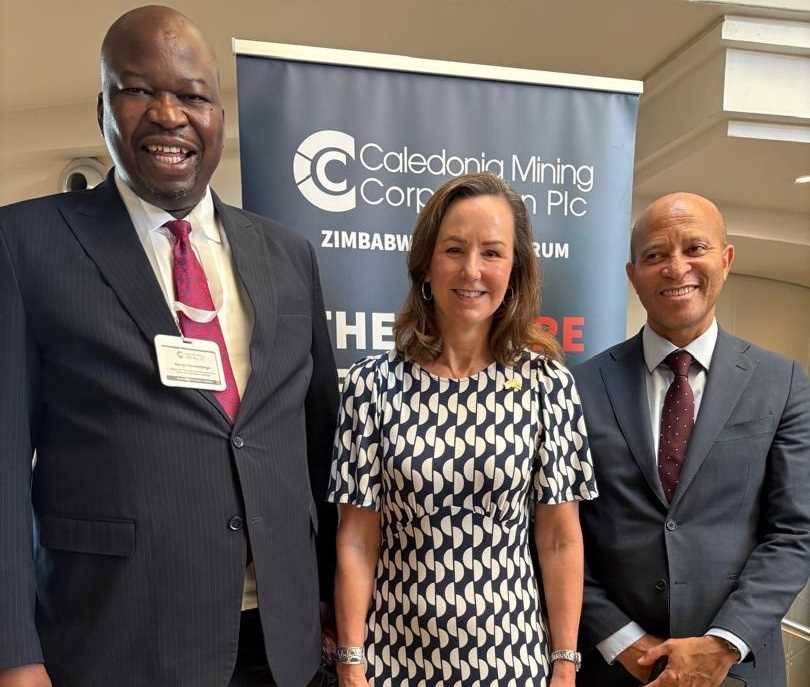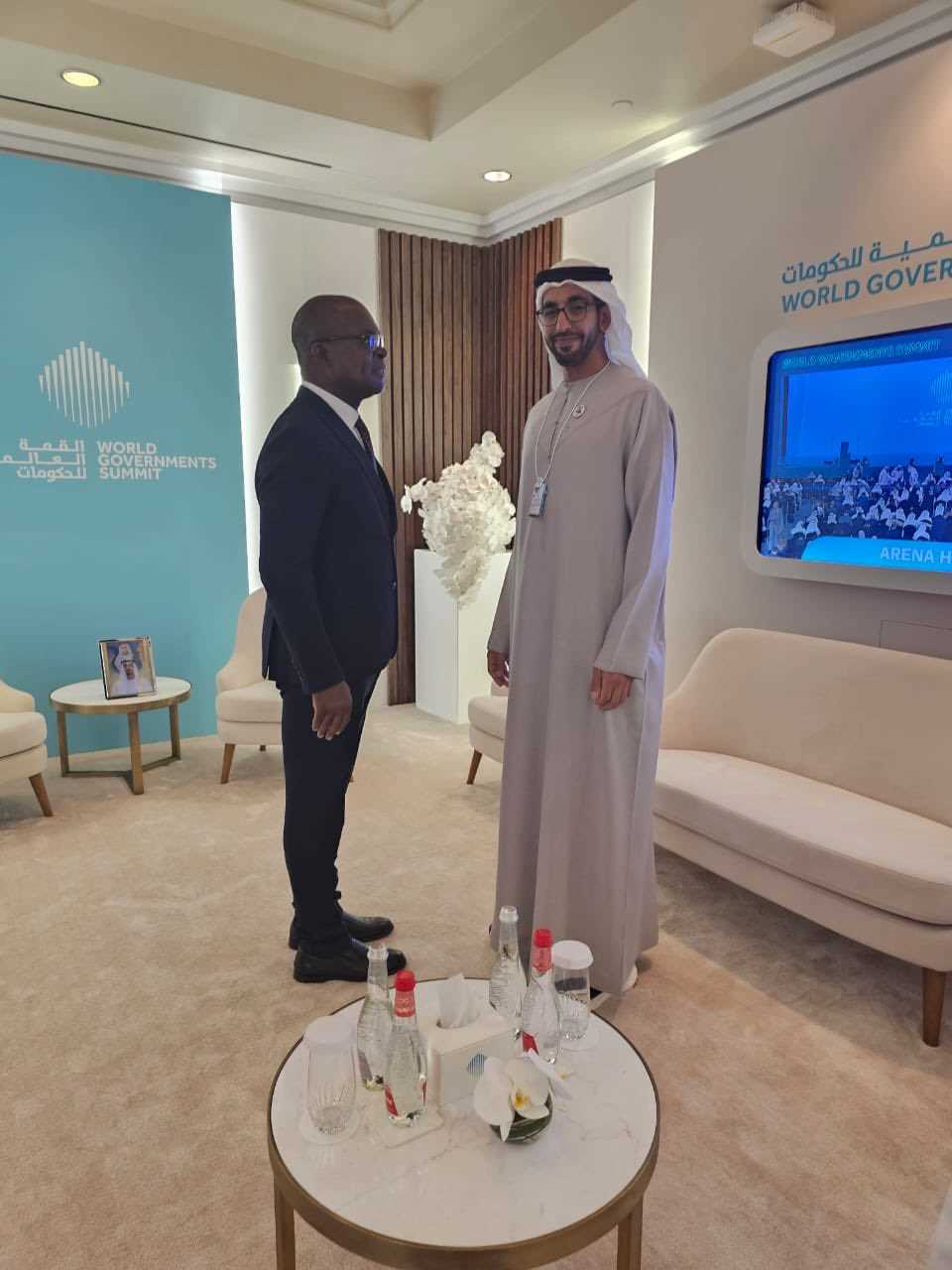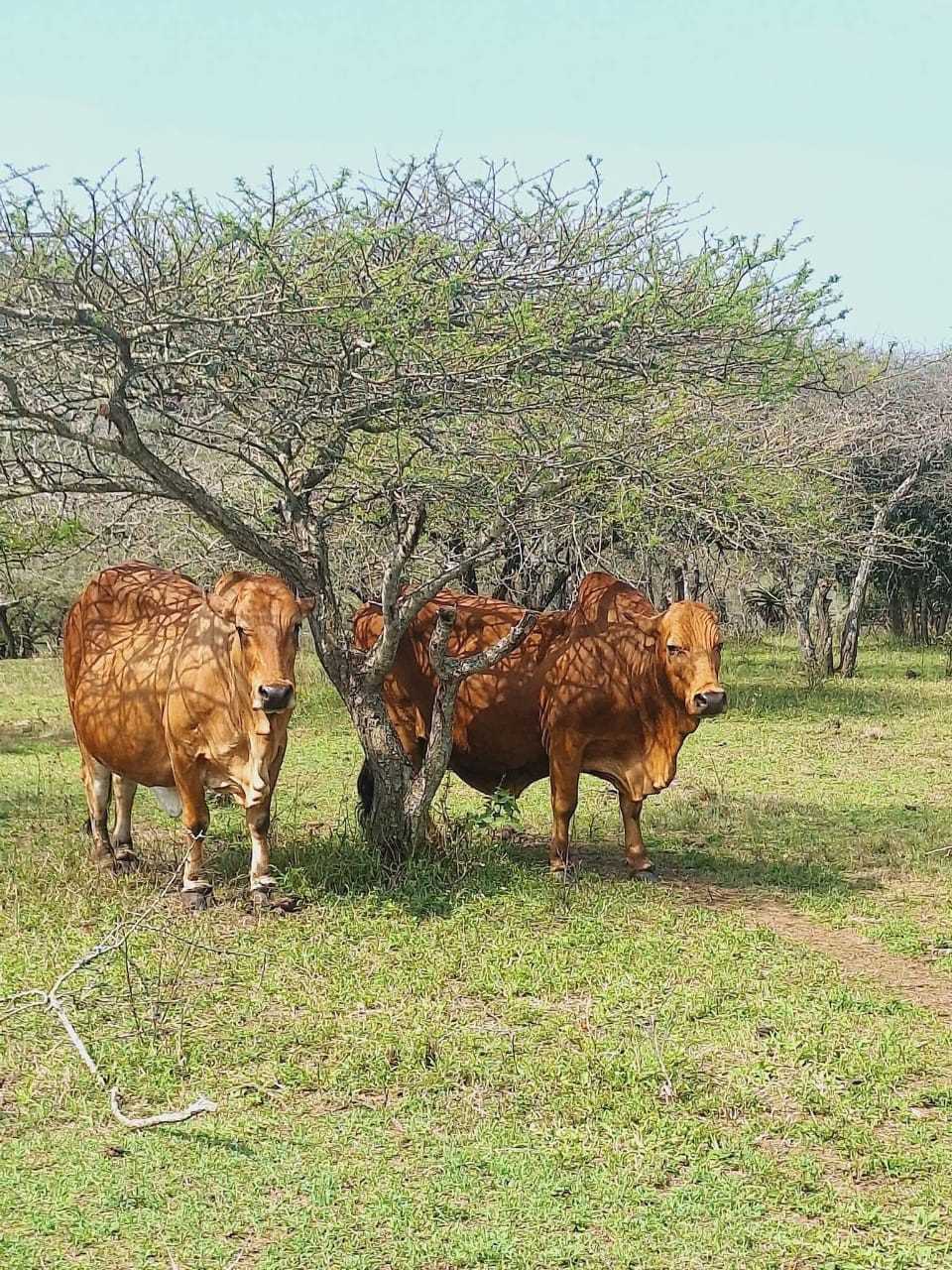
Zim Now Writer
Textbook authors who have gone for years without receiving royalties want the Zimbabwe Anti Corruption Commission (ZACC) to
investigate the book industry with primary focus on the relationship between a South African publisher and their local distribution partner.
“It is time that ZACC looks at matters in the book industry. Specifically, we want them to investigate Consultus Publishing Services (CPS). We have not received royalties for years and Pearson tells us it is because CPS owes them money which it has claimed it cannot remit to South Africa. Pearson then asked CPS to pay local royalties to local writers, but for the past few years nothing has been coming. ZACC must investigate why a distributor who is receiving money for textbooks sold then decides to hold onto it and refuses to honour an agreement to pay the writers who are the producers of those works,” reads a statement that Zim Now came across. It originates from a WhatsApp group of affected writers.
Local writers contracted to Pearson Education Africa to produce textbooks for the current school curriculum say they have gone foryears with no royalty payments. They have not even received statements to show what they are owed.
Dr Samuel Makore is one of the many voices that are calling for investigations into the matter so he can get fair compensation for the work he put into 13 books, mainly written for the present curriculum.
“Since 2016, payment of royalties from my work has been outstanding. I have written to the publisher, Pearson, and they have never bothered to respond. …and so don’t even know what I am owed?” he said.
Zim Now has copies of communication between another writer and Pearson, which exposes the plight of the former, who, for three years, has struggled to receive royalties or even an explanation of what is going on. “We have received your query and we are looking into it. The delay we are currently having is a challenge this year with paying authors in Zimbabwe.
Pearson have said that they cannot remit money to Zimbabwe because of sanctions and implied confirmation that indeed CPS is at the core of the writers’ plight.
“Due to Zimbabwe being a sanctioned country we cannot make payment from SA. In the past we used our agent CPS (Consultus Publishing Services) to facilitate payment. CPS have their own challenge to facilitate payments at the moment.
“We are in constant contact with them to resolve the situation. As soon as we have clarity on the matter, we will communicate with you with regards to the actual payment date,” said Pearson Sub Sahara region Head of Sales (Higher Education) Louise Kruger.
CPS Chief Strategy Officer/General Manager Masimba Tinashe Madondo, avoided direct response to Pearson’s assertions and chose to focus on the fact the writers are not contracted to CPS: “ ..issues of royalties are confidential and company-specific,hence I am not in a position to comment on behalf of other publishers,” he said.
Dr Samuel Makore agreed with Madondo’s position saying that it is Pearson that owes the writer.
“It is not my business to know the kind of relationship that exists between them and CPS,” Dr Makore said.
Zimbabwe Writers Association Chairperson and Pan African Writers Association (PAWA) Vice President (Southern Region), who is also one the Pearson contractors, Monica Cheru, says while she wants her dues from Pearson, she agrees with having ZACC shine its spotlight onto the book industry.
“Yes, my contract is with Pearson Education Africa and they must honour that. I get paid regularly by other organisations outside Zimbabwe so the sanctions excuse holds no water.
“But investigation into the Zimbabwean book industry is long overdue. In this particular case, CPS is selling books that we wrote. They can’t deny that. So ZACC must investigate and find out whatexactly is stopping them from facilitating payments to CPS.
Related Stories
“Again the excuse that they can’t remit money outside Zimbabwe is flimsy. If it was really that, then they would be honouring the alternative arrangement of paying writers locally They did it for a couple of years. So what is their excuse now?”
She said ZACC has the power to go where writers cannot as they rely on publishers to declare returns and have no way of verifying given figures.
“We should be able to have an audit of what schools bought and what the publishers have declared. It is a very simple process because all schools have records of every purchase made.”
Prolific writer and chairman of Zimbabwe International Book Fair Association (ZIBFA) Memory Chirere said he supports the decision by the writers to take their matter further.
“Even in circumstances where the economic situation may not be favourable, the least one would expect from a publisher is to be presented with an auditor’s report to lay to rest their fears.
“But if none has been availed, then it’s just unfortunate, and it leaves the aggrieved with no other option than to seek recourse,” said Chirere.
Other writers who are not involved in the Pearson and CPS debacle support the call for ZACC to look at the whole industry as there is a lot of rot with the writer being short changed.
“Imagine receiving a letter from a publisher to come and collect your royalties and you discover you have travelled all the way from the other side of town to Kamfinsa for a paltry USD$2! That, to me, is grossly unfair…its an insult,” said Eresina Hwede of the Zimbabwe Women Writers.
She also added her voice to the call for investigation into the book industry and the plight of writers: “As a sector, we are calling upon them to look into our issue and listen to our voices,” she said.
Other writers said that the issue of piracy has become a convenient excuse for publishers to underpay writers and a proper forensic audit is sure to show the discrepancy between what publishers are really making and what they are declaring to writers.
Several publishers have been alleged to be supplying street booksellers with textbook copies that they do not declare officially, thus feeding the piracy channels into vibrancy to the detriment of the formal book industry.
Irene Staunton of says there are numerous myths around the publishing industry, one of which is that it is a money spinner. She says the local industry lacks support such as government funding and that is why writers are choosing foreign publishers.
“Many of Zimbabwe’s best authors are now published first in South Africa or the West. This is partly because there is a much bigger market, much better marketing, and therefore the publishers can offer much bigger and better advances.”
Make a formal report for action: ZACC
ZACC spokesperson John Makamure said should the writers feel they have a genuine case and want the anti-graft body to move in, they must formalise their appeal.
“A complainant can visit our offices to file a complaint. Once a complaint has been filed, the Commission will consider it and decide if it falls within its mandate to investigate.
“If so a file will be opened and a reference number furnished to the complainant,” he told Zim Now.




















Leave Comments